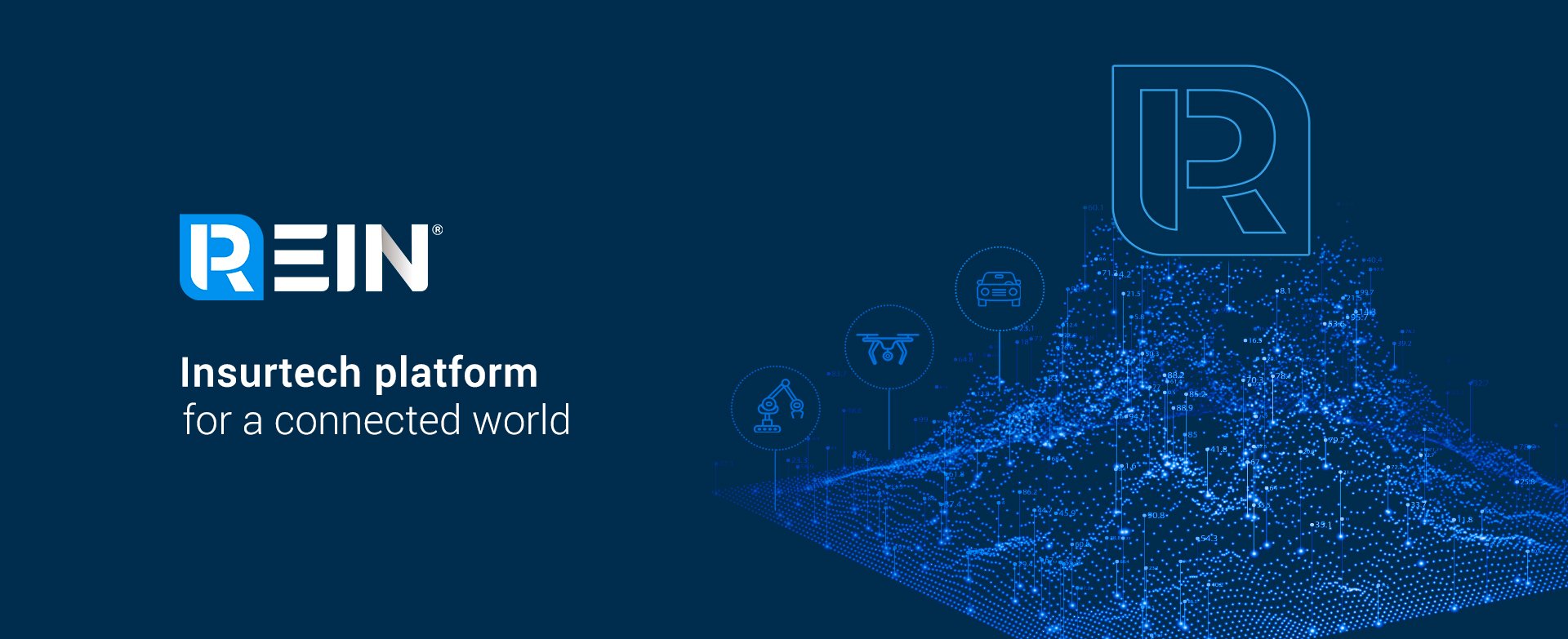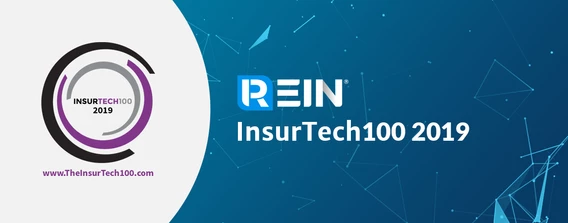The Role of Digital Ecosystems In Driving Insurance Innovation

In today’s new digital landscape, the scale of the ecosystem shift is reshaping the way insurers deliver value to consumers. According to a 2017 Accenture report, 76% of insurers agree that their competitive advantage will be determined not by their organization alone, but by the strength of the partners and ecosystems they choose.

Mckinsey (2018) defines an ecosystem as “an interconnected set of services that allows users to fulfill a variety of needs in one integrated experience.” The blend of digitization, connectivity, changing risk landscape, evolving customer expectations and influx of electronic data has pushed the insurance industry to embrace a transformative approach to the design and distribution of insurance products. Ecosystems are leading this transformation, representing $80 billion in new revenue for insurers through 2022.
Reinventing business models
Traditionally, insurance policies have been perceived as one-off annual purchases. This model only allows for limited engagement with consumers, thereby making it harder for insurers to foster brand loyalty and sustain engagement. Today, the ubiquity of thriving customer ecosystems represents a massive opportunity for insurers to reinvent their business strategy across the board — including the process of deciding what products and services to offer, and most importantly how, when, and where to offer them.
Ecosystems act as key pathways for insurers to capture the opportunity to offer entirely new products through brand new distribution channels.
Up until a couple of years ago, insurers designed drone policies from manned aviation policies due to the novelty of the technology and lack of historical data for underwriting. This one-size-fits-all approach failed to address the unique needs of commercial drone operators.
To help fill this gap in the market, the DroneInsurance.com team collaborated with Liberty Mutual to design a new digital insurance solution offering on-demand flight liability coverage options that match the seasonal nature of commercial drone operations. And to cover multiple distribution pipelines, the offering was made available through different customer touchpoints: through the main digital product portal, DroneInsurance.com and through drone pilot ecosystems such as AirMap and DroneDeploy
“For a long time, customers have been telling us that in order to scale their operations, they need to fly safely, compliantly – and they need insurance. That’s why we decided to integrate with DroneInsurance.com.” — Ben Marcus, Chairman and Co-founder at AirMap
A reimagined approach to drone insurance not only benefited consumers through a differentiated experience, but it also opened up new ways for insurers and ecosystems to unlock new revenue streams.
Amplifying value through a differentiated experience
As consumer expectations continue to grow more sophisticated, it’s becoming increasingly critical for insurers to differentiate from the pack and offer more value through seamless experiences, digital touchpoints, pay-per-use products, and near-instant customer service response times. Today’s consumer demands speed, safety, convenience and rewards for demonstrating good behavior. Ecosystems open up opportunities for insurers to deliver.
Through ecosystems, insurers can more strategically embrace the availability of data to offer more personalized products and services, better pricing and a more differentiated overall experience. Because in an economy where data is ubiquitous, access to ecosystems and an API-driven platform for creating digital insurance solutions, is essential in boosting an insurer’s ability to nimbly and efficiently respond to ever evolving customer demands.

Across industries, ecosystems are estimated to account for 30% ($60 trillion) of global revenues by 2025. In insurance, more specifically, embracing the ecosystem mindset allows insurers to rethink business models, improve customer relationships, explore untapped opportunities for growth and innovation.


